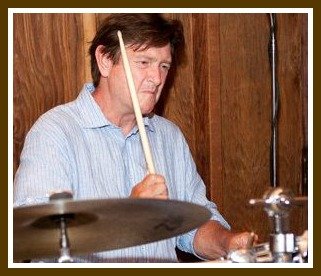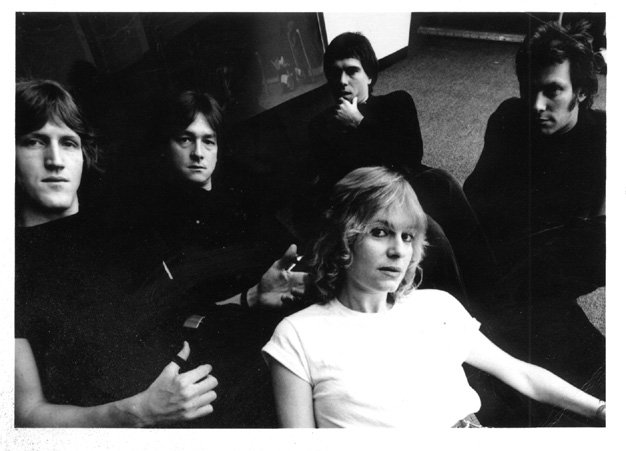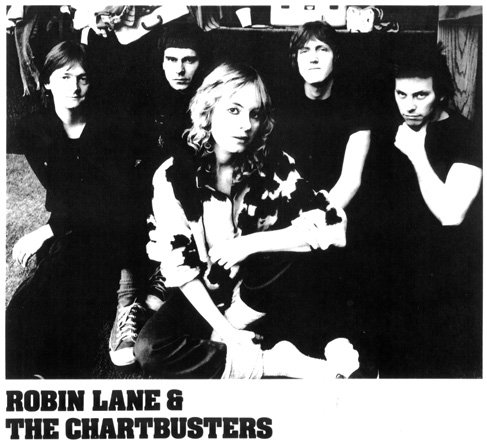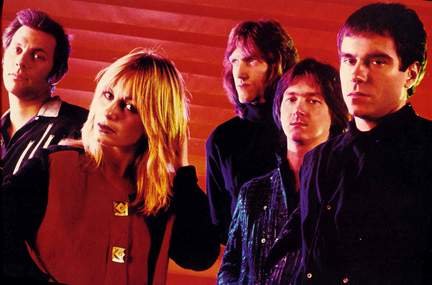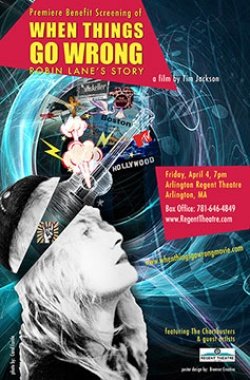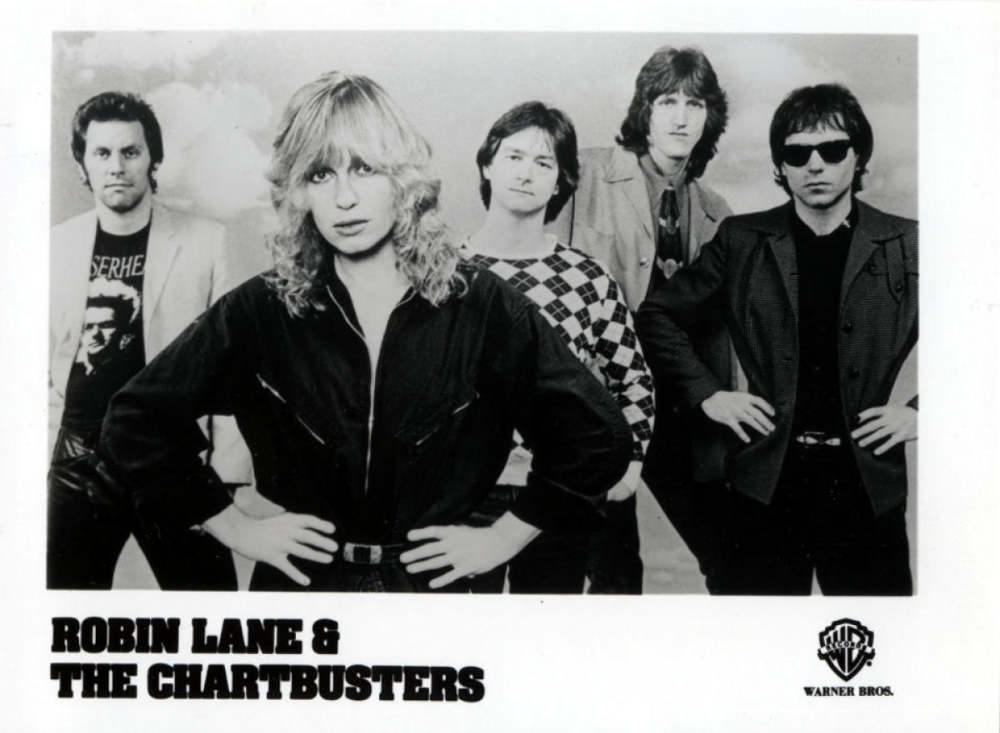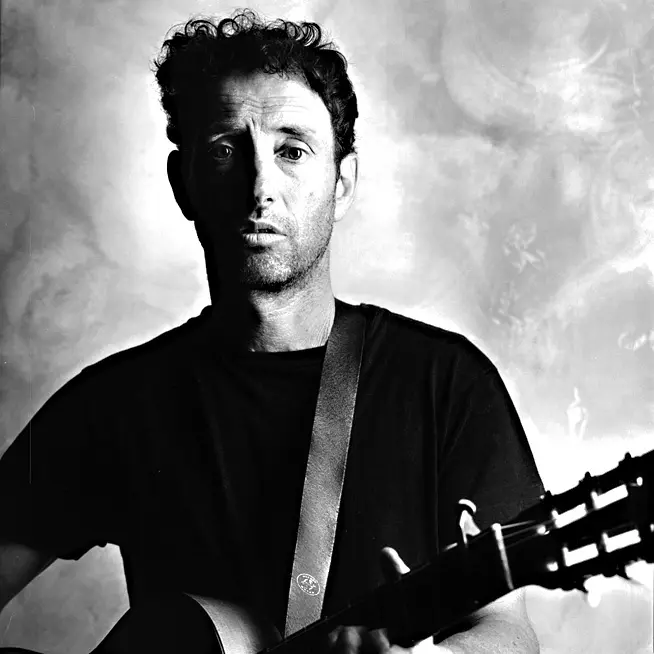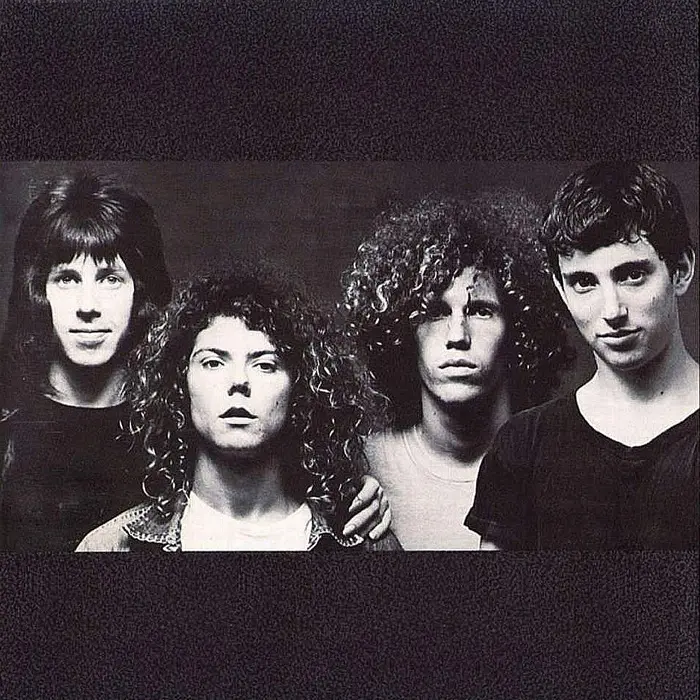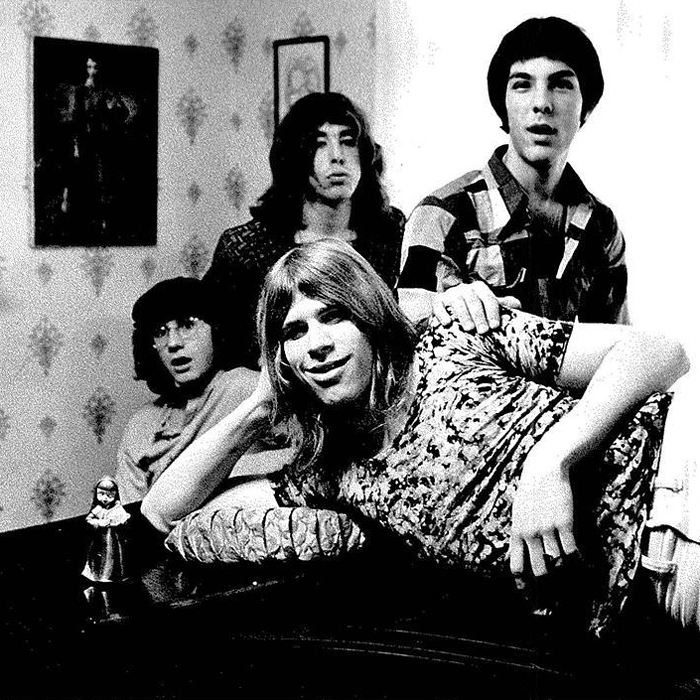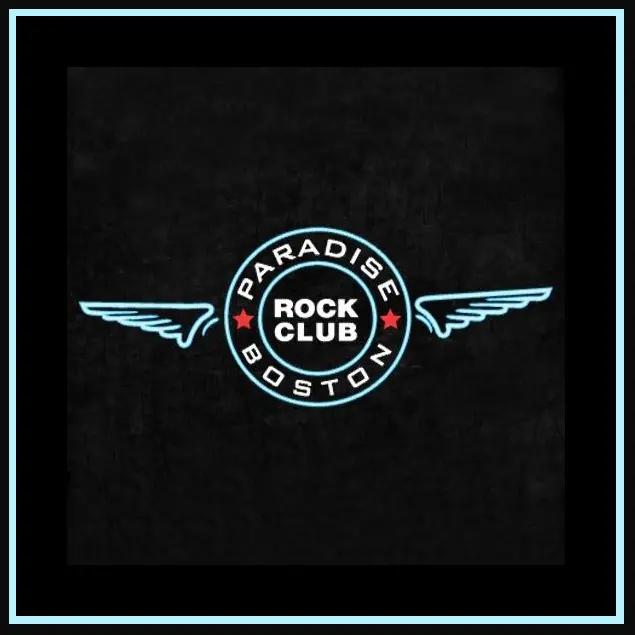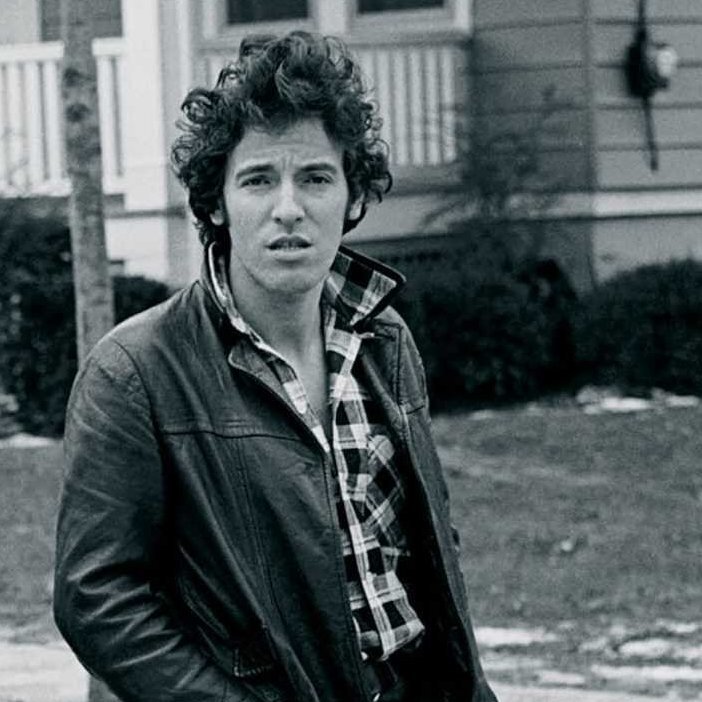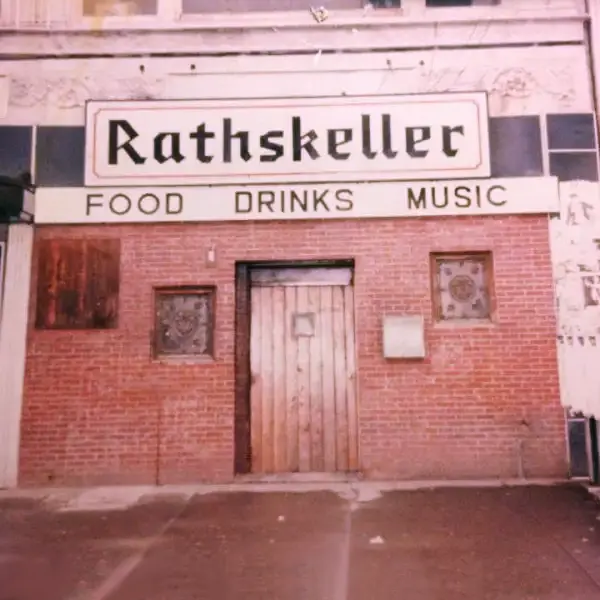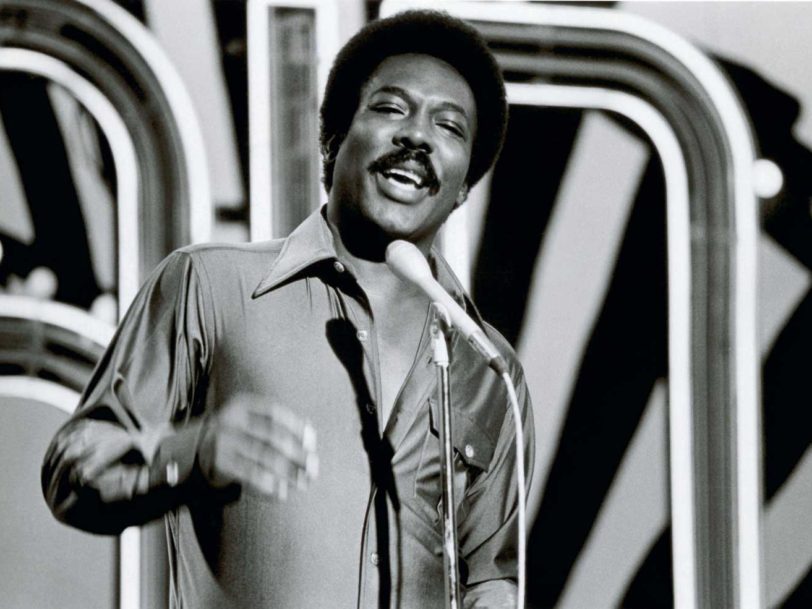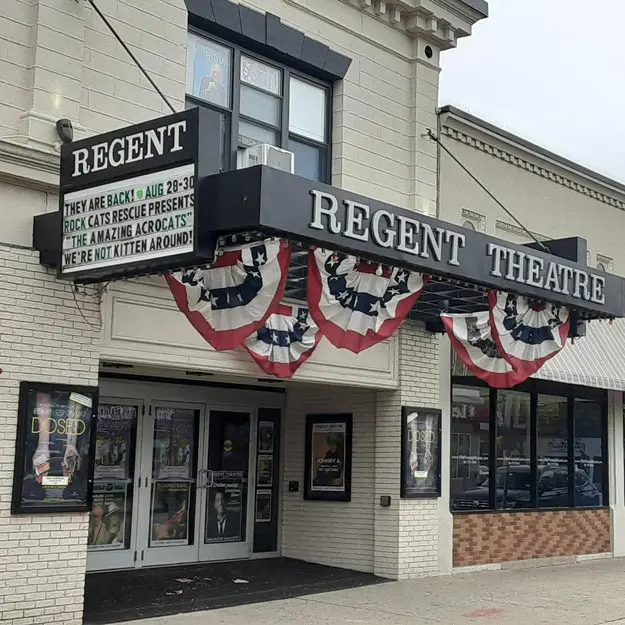When Things Go Wrong
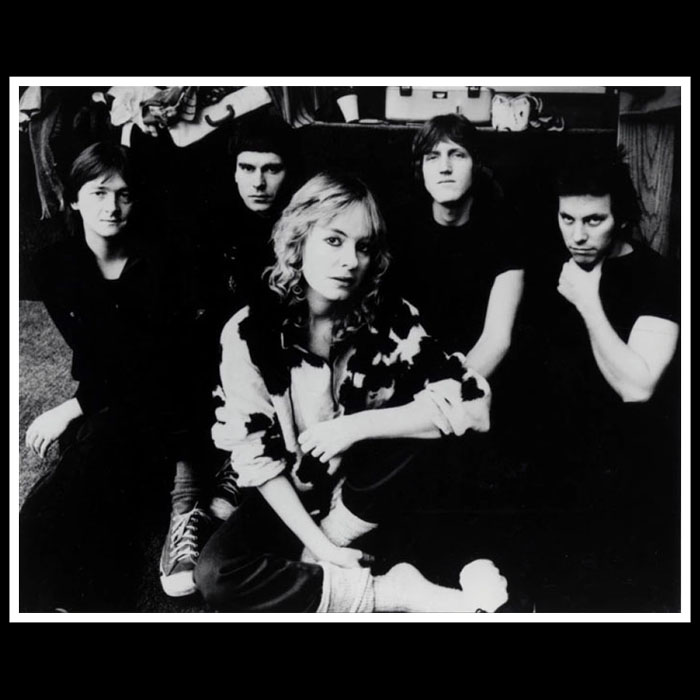
I had been tooling around town drumming for various bands, and doing session work for a decade. I was playing a show at The Paradise in 1978 when Robin Lane stopped by. She was trying to shed her image as a blonde California folk singer, reinventing herself with harder edge pop songs and assembling a new band with punk-ish credentials. She already had Asa Brebner and Leroy Radcliff from Jonathan Richman‘s Modern Lovers and Mickey Clean and the Mezz, and Scott Baerenwald from Reddy Teddy. She was shopping for a drummer. Having toured with Tom Rush and Stormin’ Norman and Suzie hardly gave me New Wave credentials, but at a bar one night with my wife, Robin asked, “Who should I get for a drummer?” “Just ask Tim,” she said. It was an easy decision for me. Everyone at that time just wanted a record contract and Robin had a great shot.
We all got along well. The band was seasoned, iconoclastic, and funny. We consciously created a hard-edge pop sound based on Robin’s powerful singing and prolific writing. She named the band after Tom Petty’s Heartbreakers, and called it The Chartbusters. Robin had management, a wealth of material, and was one the best singers in town. Few women were fronting all-male rock bands and fewer still with great original pop songs. We were signed within the year.
The legendary Jerry Wexler (Wilson Pickett, Aretha Franklin, etc.) flew to Boston having heard about the crowds we were drawing. He offered to sign us to Warner Brothers. Then the elegant Brit producer Richard Perry of Planet Records (Ringo Starr, Pointer Sisters) asked us to consider his label. He flew in from across the country to check us out and discuss a deal. We warned him that we’d be playing a place called The Rat in Kenmore Square. Be prepared, we said; it’s dirty, noisy, crowded — a madhouse. Richard, we asked, don’t make yourself too conspicuous.
The night of the gig arrived and he shows up in a white stretch limo in an all-white three-piece suit. He’s about 6’5″, so he didn’t exactly go unnoticed. Back in the graffiti-scrawled hole they called a dressing room, he explained perfectly the dynamic of the Chartbusters sound as he heard it should be produced: layered guitar textures over solid rhythmic base. He would have been great.
But Warner Brothers had clout, money, and prestige. We signed with them, and entered the machine. The original producer was going to be Jimmy Iovine (Tom Petty, Bruce Springsteen), but for political record business reasons he was pressured to pass. A huge loss. They threw us to Joe Wissert, who had produced the mega album Silk Degrees for Boz Scaggs. He was a great guy, but his production for our style sounded overworked, thin, and too precious. They gave us a hideous cartoon of a new wave album cover. We had great songs, but we were already being undermined. Two fledgling “filmmakers” were sent to do a music video of us. Warner would soon need videos for the upcoming launch of MTV, although we had no idea this was the reason. These LA guys had the brilliant idea of turning our one hit, “When Things Go Wrong,” into the story of a woman whose sailor boyfriend was going off to sea. So they rented the Boston Tea Party ship for a set and put us in sailor’s outfits. Not exactly a rocking scenario. We didn’t know until decades later that our video was just the eleventh one to be aired on MTV.
Touring was grueling and Robin became exhausted. The next record, Imitation Life, had great production by Gary Lyons, Queen’s engineer, but lacked a clear hit. Meanwhile, Robin was having a bad time with her boyfriend. Then she got pregnant. A stressed-out woman over 30, without a marketable hit and with a baby, meant one thing at that time: end of contract, end of story.
(by Tim Jackson)
Tim Jackson was the drummer for Robin Lane & The Chartbusters.
Editor’s note: 35 years later, Tim directed the film “When Things Go Wrong: Robin Lane’s Story.” It had a premiere benefit screening on April 4, 2014 at the Regent Theatre in Arlington, Massachusetts.

